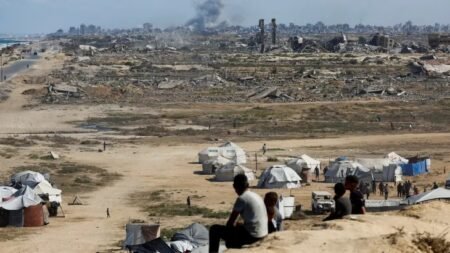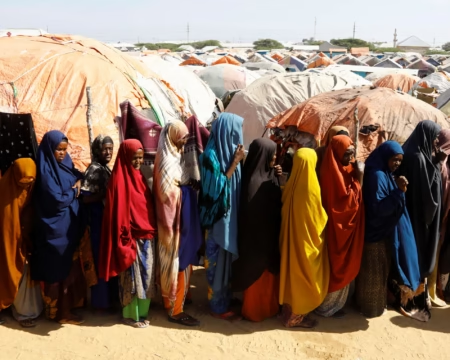Iran has launched a powerful missile strike targeting a US military base in Qatar. The move marks a sharp escalation in tensions between Iran and the United States, following recent airstrikes in the region. According to reports, the missile strike was aimed at the Al Udeid Air Base, a key American military installation located in Qatar. Iran’s Revolutionary Guard took responsibility for the action.
The attack came shortly after the US and UK embassies in Qatar issued safety warnings to their citizens, advising them to seek shelter. In response to the increasing risks, Qatar briefly closed its airspace. Within hours, Iranian missiles struck US military sites in both Qatar and Iraq.
Iran’s state-affiliated sources claim the attacks were not random or revenge-driven. Instead, they say the strikes were part of a calculated effort to defend Iran’s sovereignty and support stability in the Gulf region. Iran’s leadership, including Supreme Leader Ayatollah Ali Khamenei, has stood firm in the face of growing pressure, choosing military action to signal resistance to foreign interference.
According to Iran, the missile targets were strictly military. No civilian sites were hit. This was done, Iran says, to avoid unnecessary harm and to demonstrate responsible military conduct. Iran’s military leaders have called the strike a warning—not a declaration of war. They emphasized that the country does not seek conflict but will act decisively if its security is challenged.
The Revolutionary Guard stated that the missile launch serves as a direct message: Iran is ready to protect its land, people, and political independence. If threatened again, the country will respond with equal or greater force. Despite its firm tone, Iran also left room for diplomacy. The government said it remains open to dialogue if the United States and its allies approach the situation with mutual respect.
The missile strike has caused widespread concern in the international community. Analysts believe it sends a message not only to the United States but also to Western powers involved in the Middle East. Many experts argue that continued foreign involvement only worsens regional tensions.
Citizens in Iran have largely supported the move. Many see it as a necessary action to defend their country against outside aggression. Public opinion reflects a strong sense of national pride and a belief in Iran’s right to protect its interests.
Iran’s leadership reiterated that war is not their goal. Instead, they seek to maintain peace through strength and dignity. They stressed that if all sides can respect each other’s boundaries and agree to peaceful solutions, conflict can be avoided.
However, they also made it clear: if any foreign power chooses to ignore Iran’s warnings, the country will not hesitate to act again. Iran says it has exercised patience and sought diplomatic solutions many times. But as foreign military presence grows, Tehran believes it must take stronger steps to uphold national defense and regional balance.
The missile strike on the US base is seen as a turning point. It highlights how quickly tensions can turn into military action when diplomacy fails. Experts warn that more such incidents could follow if both sides do not change course.
For now, the region remains on edge. Iran’s message is firm—respect its borders and its people, or be ready for a strong reply. The world watches closely as the situation unfolds.







